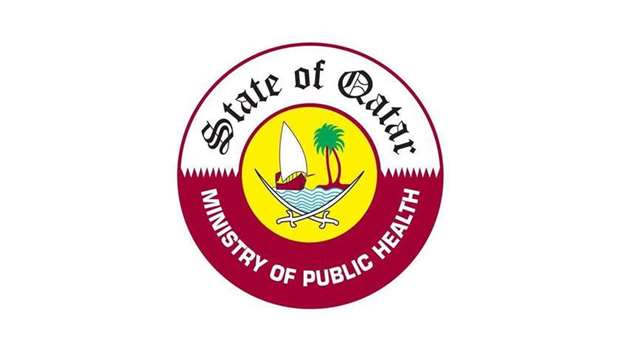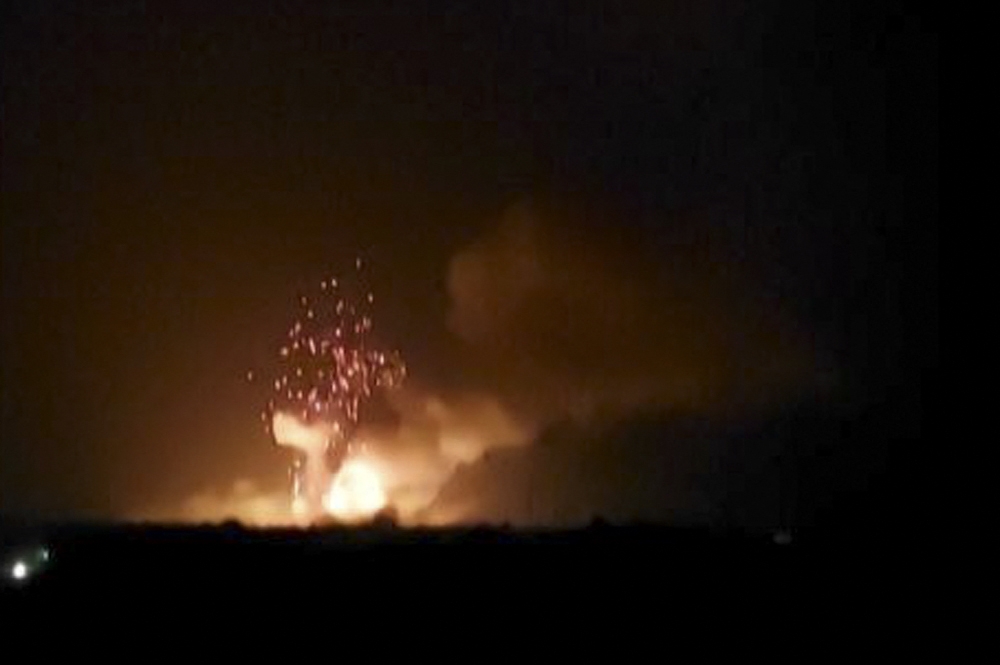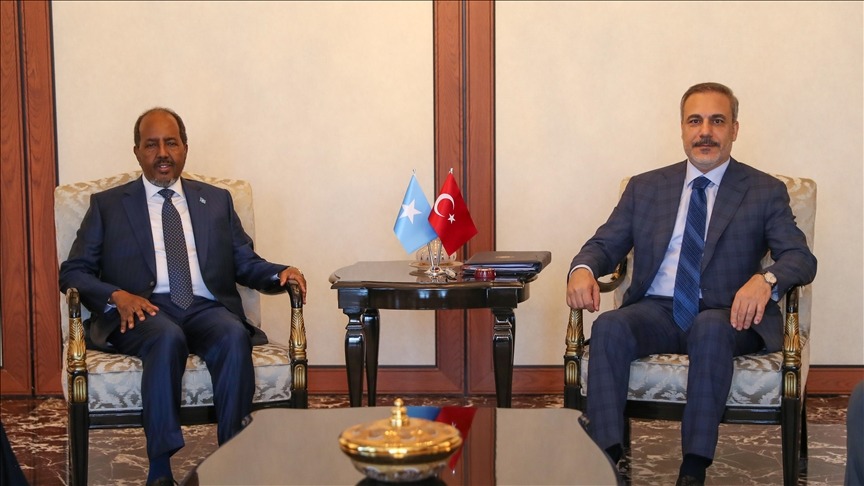The evacuees from Afghanistan posed an extremely low risk of infection of Covid-19 in the countries and communities they eventually settle in, the findings of a study published by the Ministry of Public Health (MoPH) and Hamad Medical Corporation (HMC) says.
The study demonstrates the rates of SARS-CoV-2 (Covid-19) infection among evacuees from Afghanistan, a major conflict zone and it has been published in JAMA Network Open, which is a part of the prestigious group of journals published by the American Medical Association.
Qatar has played a key role in helping evacuees from Afghanistan after the withdrawal of the coalition forces in 2021. Qatar provided the largest amount of logistic support to the evacuees, who transited through Qatar on their way to their final destination across the globe. HMC provided medical support to over 60,000 evacuees during that time. Evacuees who entered Qatar were all tested for Covid-19 according to the MoPH policies for arriving travelers. Since there are no data regarding the rate of Covid-19 infection among such populations, MoPH and HMC designed a study to determine the rates of Covid-19 infection in this population and ensure rapid identification of positive cases.
According to the lead author of the study, Professor Adeel Butt, Senior Consultant Infectious Diseases, HMC and Professor of Medicine and Professor of Population Health Sciences, Weill Cornell Medicine, HMC tested 7,834 evacuees between 20 August and 15 December, 2021 with 96.7 percent tested within 24 hours of arrival. Only 16 individuals (0.2 percent) had a positive or reactive test and were isolated according to the MoPH policies.
Fatima Haidar, Lead of the Logistics and Quarantine Committee, HMC; Dr. Naseer Masoodi, Medical Lead for the Afghan Evacuee Medical Services and Vice Chair Department of Medicine at HMC; and Dr. Samya Al Abdulla, Executive Director of Operations at Primary Health Care Corporation, who between them oversee operations related to isolation and quarantine facilities, explained that throughout the pandemic, Covid-19 testing and medical support has been provided to all persons arriving in Qatar, and the testing of evacuees from Afghanistan was part of Qatar’s commitment to ensure the health of all travelers arriving in, or passing through Qatar.
Dr. Salih Al Marri, Assistant Minister for Health Affairs, MoPH, who was also a part of this study, emphasized the collaboration between the MoPH and the healthcare sector in Qatar in responding to the challenges of the Covid-19 pandemic. “Since the beginning of the pandemic, the State of Qatar, under its wise leadership, adopted a strong evidence-based approach, based on solid scientific evidence, and tapping into a wealth of world-class experts working in various academic institutions in Qatar. This approach has been responsible for Qatar having one of the highest testing and vaccination rates, and lowest Covid-19 mortality rates in the world.”
Dr. Abdullatif Al Khal, Chair of the National Health Strategic Group on Covid-19 and Head of Infectious Diseases at HMC, said that “Qatar prioritized and ensured strong collaboration between all academic institutions in the country to respond to the Covid-19 pandemic, and this strong national collaboration has led to the publication of more than 60 scientific papers in some of the most prestigious medical journals in the world, with studies from Qatar being quoted widely by scientists and policy makers across the globe. Qatar has significantly contributed to the generation and advancement of science related to Covid-19”.
Professor Adeel Butt highlighted the global public health importance of this study in assuring the global community that evacuees from Afghanistan posed an extremely low risk of infection in the countries and communities they eventually settle in.

















Leave a Reply